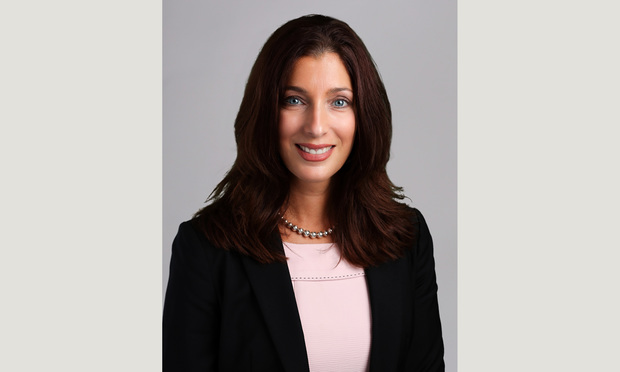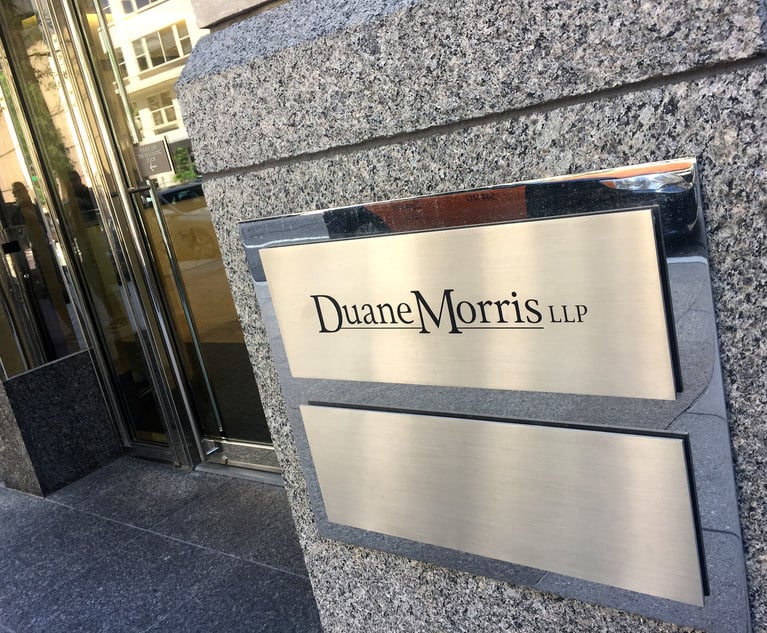As the coronavirus (COVID-19) spreads throughout the United States, the impact on student instruction, including big budget unknowns for public and private educational institutions, is daunting. Adding to this concern is the Families First Coronavirus Response Act (H.R. 6201) (the act) that was passed by the Senate and signed by the president on Wednesday, March 18, expands the protections under the Family Medical Leave Act (FMLA) and requires many private and all public educational institutions to provide significant amounts of paid leave related to COVID-19.
Emergency Family and Medical Leave Expansion Act
The Emergency Family and Medical Leave Expansion Act expands FMLA coverage for employees unable to work (or telework) due to the need to care for an employee’s child who is under 18, because the child’s school or daycare is closed or the childcare provider is unavailable due to COVID-19 related restrictions and closures. For private educational institutions, the EFMLEA exempts private institutions with over 500 employees and may exempt smaller institutions of fewer than 50 employees where it would “jeopardize the viability of the business as a going concern.” Public educational institutions should be prepared to follow the requirements of the EFMLEA regardless of size. Employees need only be employed for 30 calendar days to be considered covered by the act.


 Maria Dwyer of Clark Hill.
Maria Dwyer of Clark Hill.




